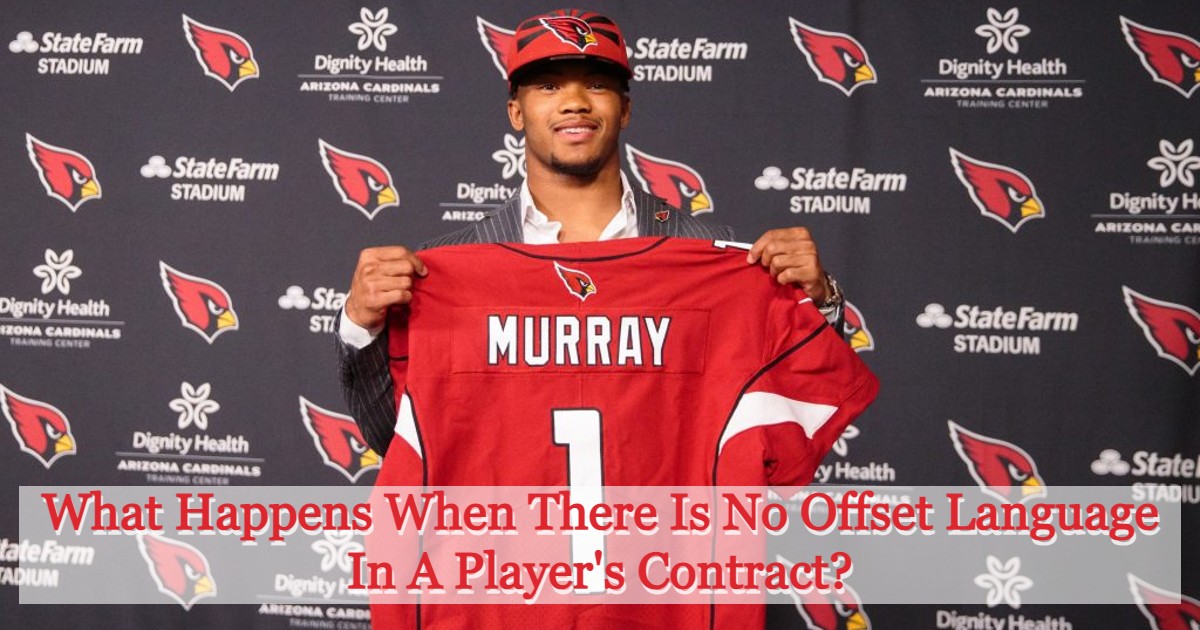Offset is probably the most important component of any NFL contract negotiation. The concept of this language relates to legal haggling that occurs during the first four years of a player’s professional career in order to release his salary as part of his rookie contract, which is usually when the salary is released on the player. But still, many people use no offset language in their contracts.
Offset language refers to a portion of a player’s contract that requires his signing team to pay him if he signs with another team.
With this language, the selecting club would still be responsible for paying the balance of what is left on the player’s previous deal. Many players choose not to have this language in their contract should their career take an unexpected turn and force them to move on from their current club.

How Does Offset Language Work In The NFL?
Content Summery
Offset language is used when a team wants to release a player during his first four years with the franchise. And it works like this:
If you are released by your current team, you will receive payments from them until they have paid off all of your guaranteed money. Once they have paid off that amount, any remaining salary from your new contract will be used to offset what they still owe you from your previous contract.
If there are no years left on your previous deal and you’re still owed money, then there’s no offset, and your new deal will be reduced by whatever amount was owed by your old team.
It is important to remember that while offset language is standard in NFL contracts, it is optional; a team can choose not to use it if they want. Offset language allows teams to save money if a good NFL player gets hurt early in his contract and can no longer play at his previous level of performance.
What Happens When There is No Offset Language in a Player’s Contract?
With no offset language in place, there is no legal obligation for teams to pay off what they owe their players when they sign with another club. This means that if a player were to leave Seattle and sign elsewhere after three seasons, the Seahawks would not be required to pay him for the remaining two years of his contract.
This is why teams like the Seahawks tend to include offset language in their contracts. By doing so, they are able to recoup some of the money owed if a player decides to sign elsewhere. In other words, this type of clause allows teams to “offset” money owed in one contract against what they owe in another contract.
Final Words
In conclusion, the concept of this language is associated with NFL, and it has a large financial effect. Offset language is a command that exists in NFL contracts when the player is a first or second-round draft pick.
FAQs
Q. Why does offset exist?
Offset language was created to protect teams from paying two salaries for one player when they are cut by another team before their contract expires.
Q. What does offset mean in soccer?
Offset refers to a form of payment made by an insurance company on behalf of an insured party in order to settle a claim with another party.
Q. What is offset sport?
Offset is a term used in sports to refer to the reduction or elimination of a player’s salary if they are cut by another team before their contract expires.
